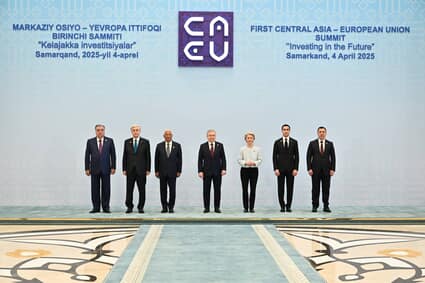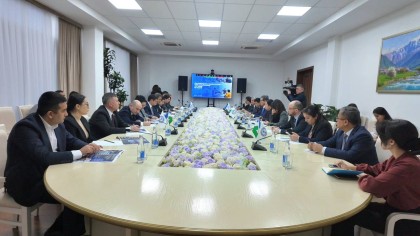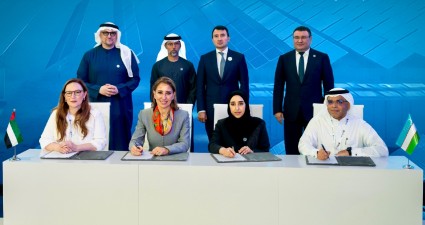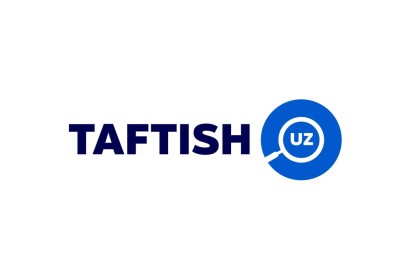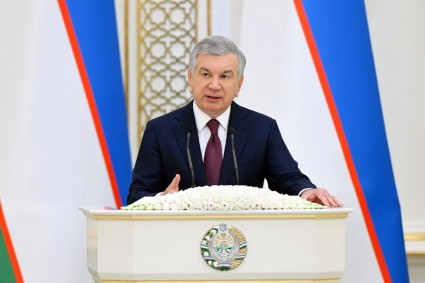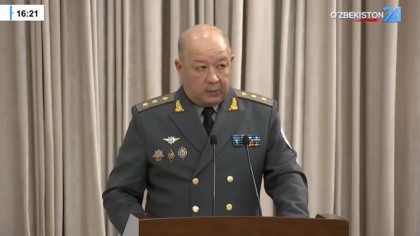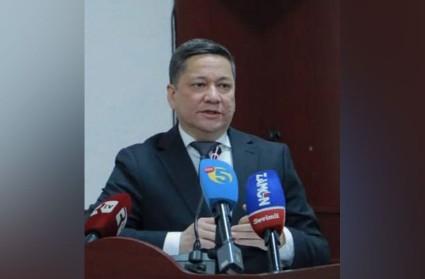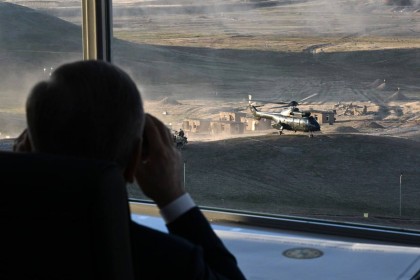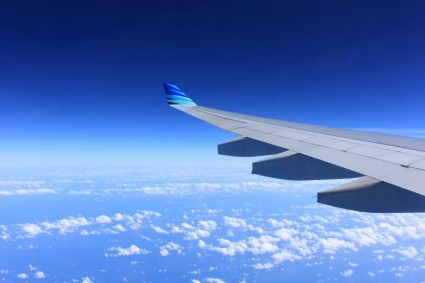The leaders of Central Asian countries and the European Union adopted a Joint Declaration following the first summit of the two regions, the press service of the European Council said.
The Declaration aims to establish a strategic partnership in trade, transport, energy, digital communications and water management.
According to the declaration, the parties' relations had been upgraded to the level of strategic partnership. The leaders pledged to cooperate for peace, security and democracy, respecting international law and the UN Charter, including the territorial integrity of all states.
The leaders reiterated their commitment to Afghanistan becoming a secure, stable and prosperous state with an inclusive government and governance system that respects the human rights and fundamental freedoms of all citizens, including women, ethnic and religious minorities.
The parties expressed concern about the humanitarian situation in Afghanistan and recognized the need to continue to support its people. The leaders also called for women and girls to have full access to education and public life.
The Central Asian countries and the EU also agreed to continue their cooperation to prevent sanctions circumvention.
The EU welcomed the intensification of regional cooperation through the regular Consultative Meetings of the Heads of State of Central Asia and expressed readiness to support future actions aimed at regional integration.
The leaders welcomed the signing of the Enhanced Partnership and Cooperation Agreement between the EU and Kyrgyzstan on 25 June 2024 and looked forward to the early signing of similar agreements between the EU and Uzbekistan, as well as the EU and Tajikistan. The EU and Kazakhstan’s commitment to launch negotiations on visa facilitation and readmission agreements was acknowledged.
The parties agreed to hold regular economic events, including the Central Asia-European Union Economic Forum.
Cooperation between the two regions in the field of critical raw materials is of strategic importance. The leaders agreed that the declaration of intent will deepen cooperation in this area and contribute to the transition to a green and digital economy.
The EU and Central Asian countries reaffirmed their commitment to strengthening sustainable transport links. They agreed to support the Trans-Caspian Transport Corridor Coordination Platform and critical infrastructure projects along it.
The leaders agreed to step up efforts to combat climate change, biodiversity loss and pollution. The EU welcomed the decision of all Central Asian partners to join the Global Methane Pledge.
The parties also agreed to continue to innovate in the field of water and energy cooperation to protect and efficiently use water resources. They agreed to strengthen cooperation to improve the situation in the Aral Sea region and the entire Aral Sea basin.
The Central Asian and EU leaders reaffirmed that the promotion and protection of the rule of law, human rights and fundamental freedoms is a shared and fundamental value.
Guarantees for freedom of expression and association, the creation of a favourable environment for civil society and independent media, the protection of human rights defenders, as well as the observance of women's, children's and labour rights remain at the centre of attention in Central Asia-EU relations. The EU reiterated its readiness to provide support in these areas.
The EU and Central Asian leaders agreed that the Civil Society Forum of the two regions is a key platform for dialogue and for enhancing regional cooperation through civil society participation.

